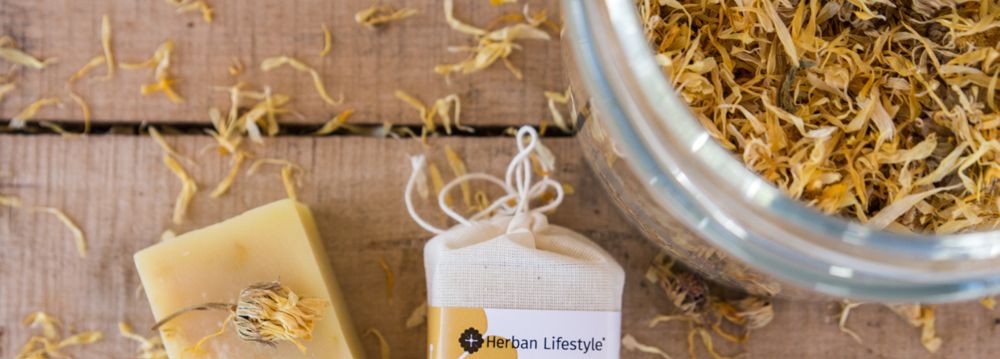
Sign outside of Cibola Farms, Culpepper, VA
Two weekends ago, I had the good fortune of attending a screening of Fresh in Oakton, VA. This film starts by discussing the detrimental effects of industrial farming to the Earth and to our health, including food contamination, environmental pollution, depletion of natural resources, and morbid obesity. Then it takes a positive turn by showing examples of people who are pioneering innovative sustainable farming methods. The screening was followed by a panel of speakers that included one of the pioneers from the film, Joel Salatin.
Salatin, a self-described “Christian-libertarian-environmentalist-capitalist farmer,” is the owner of Polyface Farms in Swoope, VA , who was made famous by Michael Pollan’s book, The Omnivore’s Dilemma. Salatin has developed innovative methods of farm management that utilize the natural interactions of farm animals with the land and with one another. By avoiding chemical pesticides, industrial feed, animal crowding and nutrient depletion in the soil, his animals are far healthier and provide greater nutrition to people eating them, than those raised in industrial conditions. In following these practices, Salatin saves quite a bit of money by not having to purchase pesticides, chemical fertilizers, feed and antibiotics. As a result, he yields a much, much higher profit per acre used than farmers using less natural means.

Buffalo grazing in the fields at Cibola Farms
Impressed by the movie and Salatin’s presentation, I have signed up to receive delivery of his free-range, grass-fed poultry as I have not been able to find good local chicken since my favorite farmers market meat supplier, Cibola Farms, stopped offering poultry. I feel very fortunate to be within delivery range of Polyface Farm. As a matter of fact, one of the great advantages of living in the DC Metro area is being close proximity to a huge range of family-owned farms.
Inspired by Fresh as well as other information I have been gathering about my local farms, yesterday my family and I decided to take a road trip to the Cibola Farms ranch in Culpepper, VA where they raise the free-range buffalo and pork that we still purchase regularly at our local farmers market.
Upon arriving, there was a notable lack of livestock scent to the area. As I walked around, I realized that this was because the animals had huge tracts of land around which they could move. There were herds of buffalo, a few dairy cows, several chickens, ducks, geese and turkeys, pigs, honey bees, and a very gregarious farm cat.

A happy, friendly dairy cow at Cibola Farms
This bucolic lifestyle was in stark contrast to the images of factory farms I had seen in Fresh, and Food, Inc., another movie about industrial farming. The Cibola animals looked relaxed, happy and well taken care of. They were grazing on grass, weeds and insects that exist naturally within the farm’s eco-system.
If you eat meat, it is worth considering where your meat comes from. Ultimately, we ingest what our food sources have taken in, regardless of whether they are plants of animals. By making a conscious choice in the purchase of our food, we have an opportunity to help support more sustainable farming practices and to better support our own health.
Even if you don’t live in the Greater DC Metro area, there are many places throughout the country where you can purchase locally grown, healthy food. A great place to start is the USDA’s website, which has a search page where you can locate a farmers market near you.
This article, which I authored, originally appeared on the Etsy Earth blog.
[tweetmeme style=”compact” source=”herbanlifestyle” service=”tinyurl.com”]



